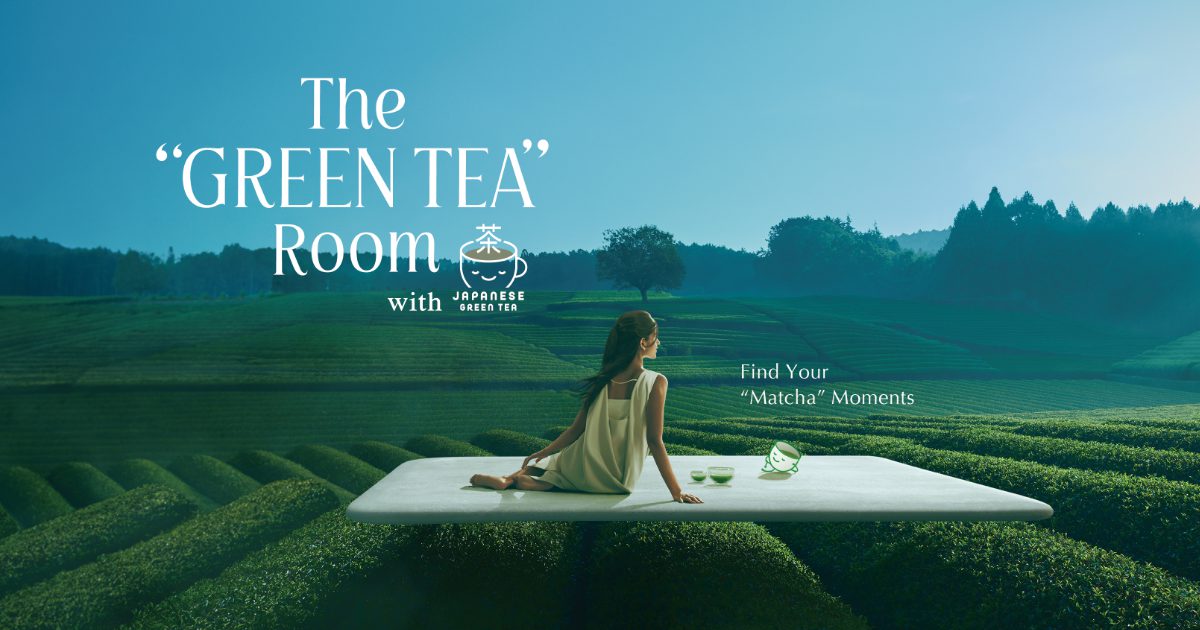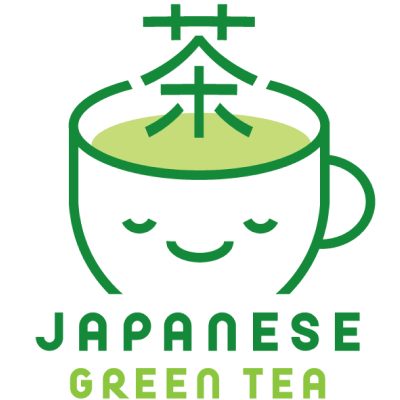The
“GREEN TEA”
Room
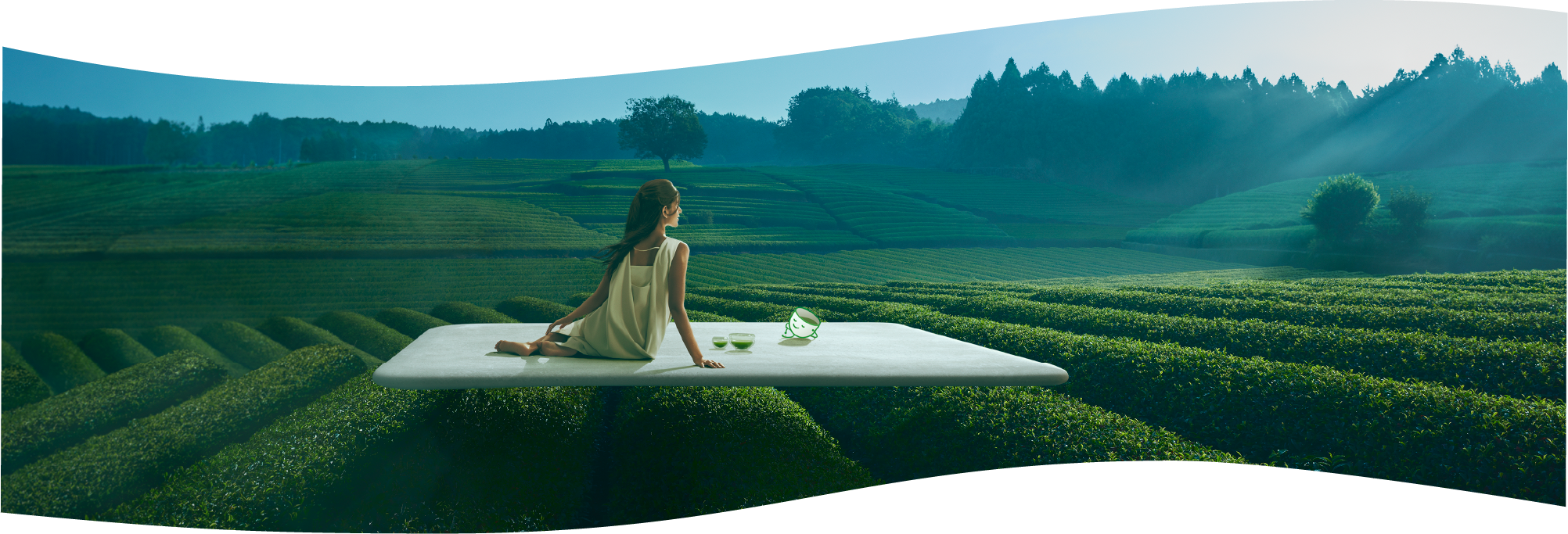
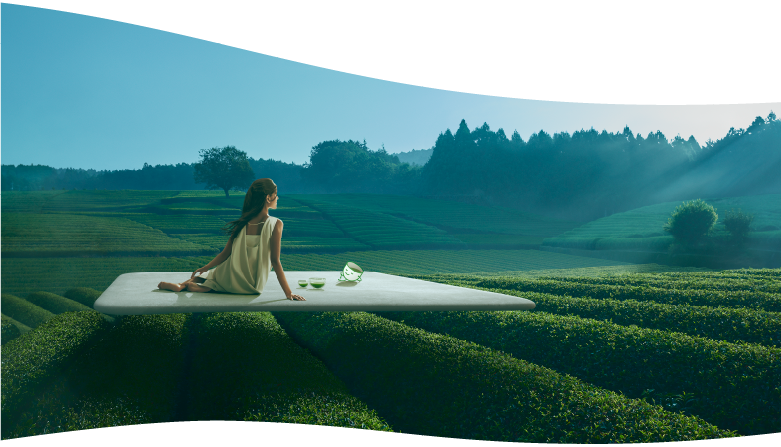
As the line between work and play continues to blur, short moments or clarity, peace, and relaxation
became that much more crucial for maintaining a mentally healthy lifestyle.
The GREEN TEA Room is an emotional oasis to help you reconnect with yourself and the world around you.
Through hand-crafted Japanese green tea, The GREEN TEA Room will guide you to achieve those short but precious moments the modern human needs to get through each day.


Health. Sophistication. Craftsmanship. Sustainability.
Beneficial to your health with the sophistication of artisanal Japanese green tea culture.
Find solace amidst the chaos of every day in a cup of matcha delicately crafted over generations with a dedication to sustainability.
Discover the moments that make you who you are.
Your matcha moments await at The GREEN TEA Room.

Health
Japanese tea is packed with healthy components. In particular, Japanese green tea is rich with L-theanine, known to improve concentration and memory while reducing anxiety. It also contains 10 times more antioxidants than ordinary green tea, including polyphenols and vitamin C, which are beneficial for beauty and can help prevent cell damage and chronic diseases. In addition, polyamine can be found in beet teas like matcha and gyokuro, known to be an effective anti-aging agent. All of these come together to form the ultimate health drink.
Sophistication
Japanese tea is deeply rooted in Japanese culture and sensibility, representing the refined taste and spirit of the Japanese people. Using traditional tools like the tea whisk, the process of whisking is an art form that has appealed to people around the world.
Craftsmanship
Tea selection and product development, field location and environment maintenance, harvest timing and harvesting method, and the following manufacturing process. Japanese tea culture has been cultivated over hundreds of years and shaped with loving care by tea artisans.
Sustainability
Japanese tea has maintained sustainability through culture and values that have been passed down from generation to generation, with a focus on the environment and societal impact. Unused tea branches and leaves are turned into humus, or leaf mold, and used as fertliizer for the tea fields. Some restaurants use dried out beet tea, such as matcha and gyokuro, as potent ingredients. The appeal of Japanese tea expands beyond exciting your tastebuds and into sustainable nourishment that wastes no part of the tea fields.
